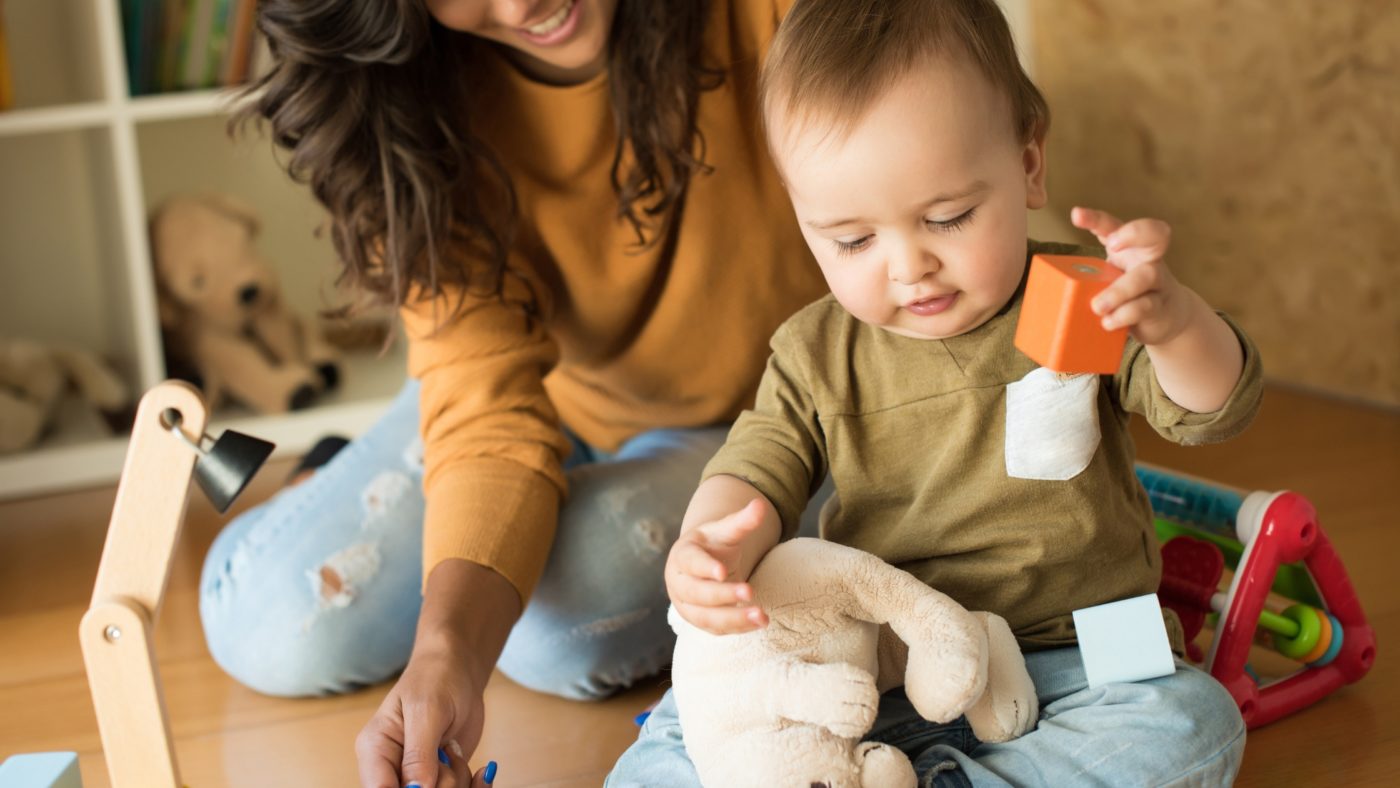
As a parent, it’s natural to want the best for your child. You want them to grow up happy, healthy, and successful. However, it’s important to remember that each child is an individual with their own unique personality, needs, and desires. This is especially true in the Montessori approach to parenting.
The Montessori approach is all about respecting the child as an individual. This means recognizing that each child has their own pace and style of learning, and allowing them the freedom to explore and discover the world at their own pace. In this approach, the role of the parent is to provide a safe and supportive environment for the child to grow and develop.
Here are some key ways to respect your Montessori baby’s individuality
- Observe and listen: Take the time to observe your baby and listen to their cues. Notice what they are interested in and what activities they seem to enjoy. This will give you valuable insight into their individual needs and preferences.
- Provide choices: Offer your baby choices whenever possible. For example, instead of dressing them in a particular outfit, offer them a choice of two outfits to choose from. This allows them to exercise their independence and make decisions for themselves.
- Follow their lead: When playing with your baby, follow their lead. If they are interested in a particular toy or activity, encourage and support their exploration. This helps to build their confidence and encourages them to take initiative.
- Encourage self-expression: Provide opportunities for your baby to express themselves through art, music, and movement. This can help them develop their creativity and build self-esteem.
- Respect their boundaries: It’s important to respect your baby’s boundaries and not force them into activities or situations they are uncomfortable with. This helps to build trust and respect between you and your child.
By respecting your Montessori baby’s individuality, you are setting the foundation for a strong and healthy relationship based on trust, respect, and understanding. This approach helps to foster a love of learning and exploration that will stay with your child throughout their lives.



